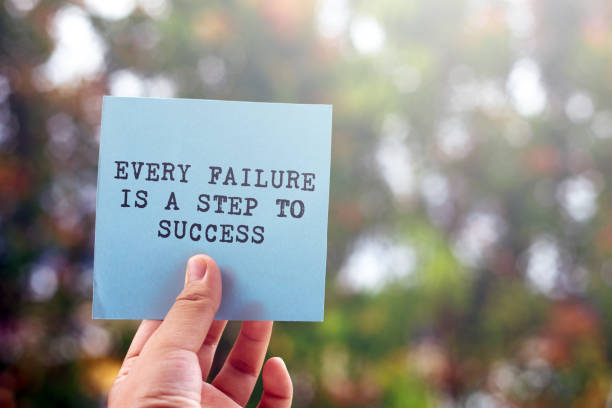Common Factors Contributing to Academic Struggles
Academic difficulties rarely stem from a single cause but rather emerge from a complex interplay of factors that can affect student performance. Understanding these contributing elements is essential for developing effective intervention strategies and preventing future setbacks.
Time management challenges represent one of the most prevalent issues facing students today. The transition from structured high school environments to more autonomous college settings often leaves students unprepared for the self-directed learning required at higher educational levels. Poor study habits, procrastination, and inadequate planning frequently compound these difficulties.
Additionally, external stressors such as financial pressures, family responsibilities, health issues, and social challenges can significantly impact academic performance. Mental health concerns, including anxiety and depression, have become increasingly recognized as major factors affecting student success, with many institutions now providing comprehensive support services to address these issues.




